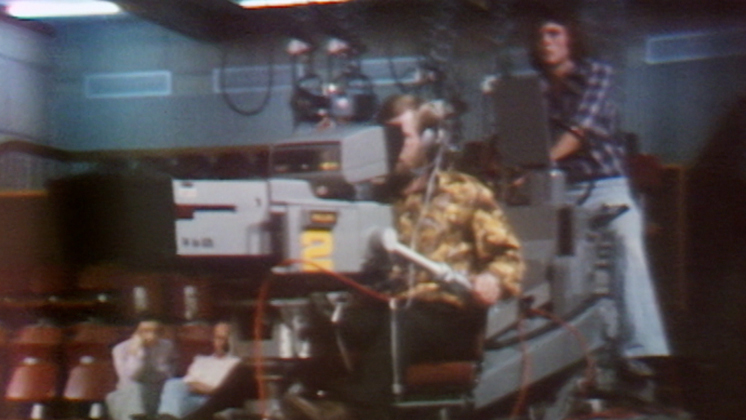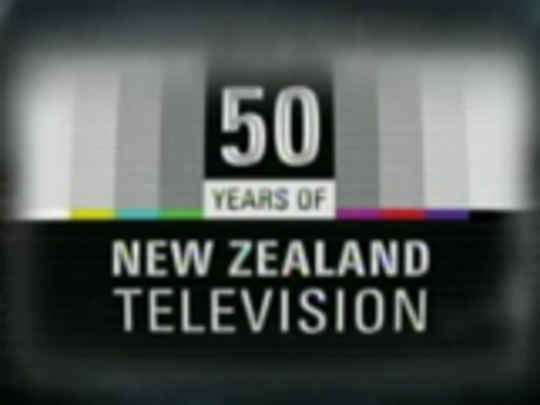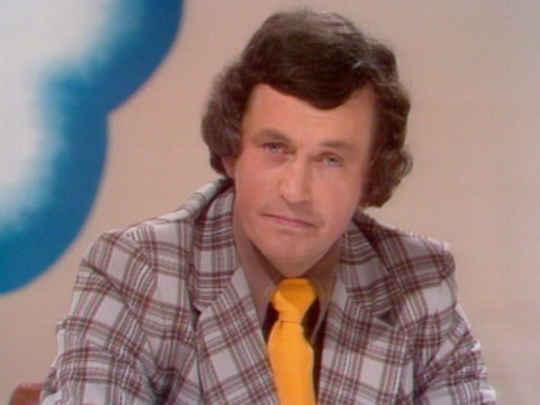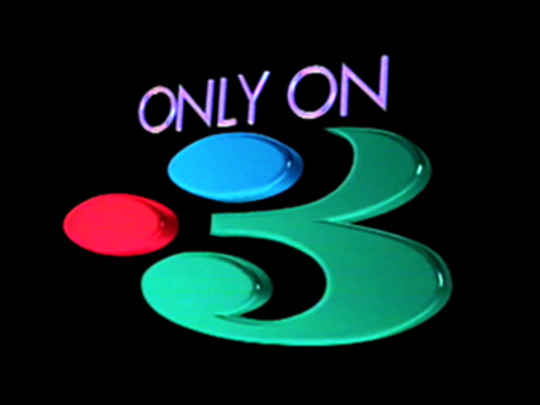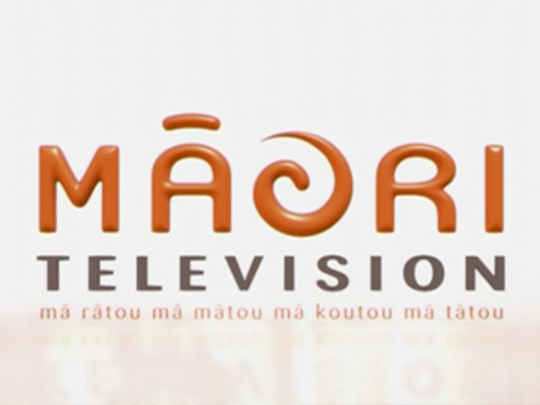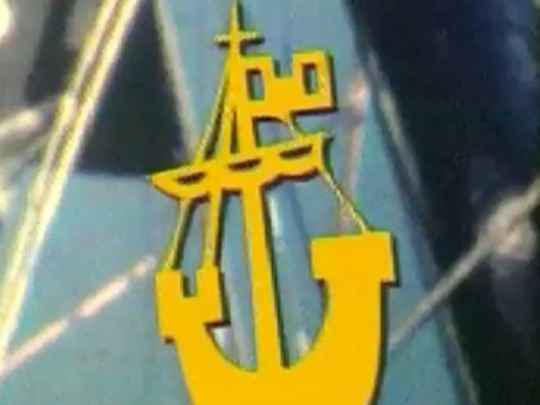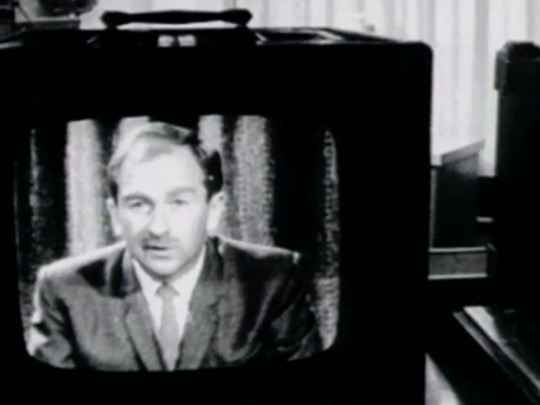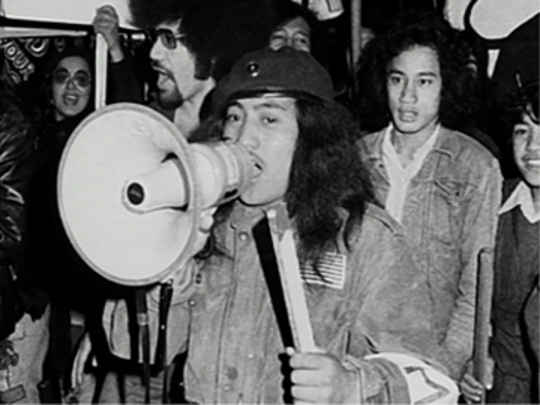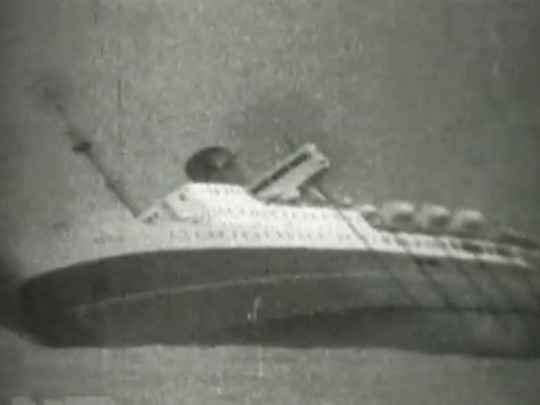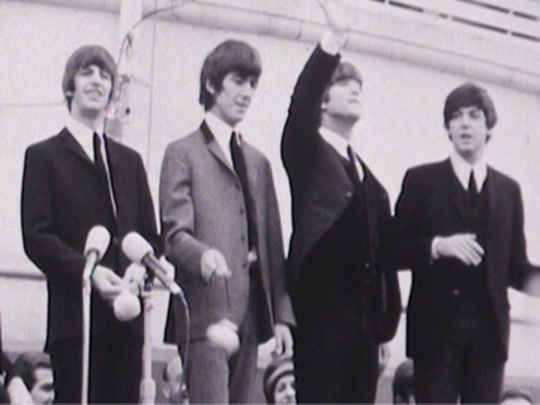Now there are real fears that this stuff is going to affect people in a bad way: children are going to learn to talk like American gangsters and use American slang. I mean it's bad enough with the talkies, but the radio is actually in the house. How are you going to monitor it?
– Academic Peter Hoar on the anxiety about American made radio soaps and serials in the 1930s
Radio will soon be as necessary for the mind of an active citizen as water is for the human body, and will be laid on to every home in a similar way.
– Labour Prime Minister Michael Joseph Savage gives a radio address about the medium
I remember hearing the voices of Pita Awatere or Sir James Hēnare or Rangi Logan or Wi Huata, young men from the front and to hear that on radio blew me away as an adult, listening to these archives. let alone what it must have done to those of our family who were hearing their brothers and their uncles and their husbands from overseas...it must have been phenomenally powerful.
– TV producer Tainui Stephens on the importance of radio to Māori whanau in WW2
I had to convince a farmer on the far side of the valley there that we weren't going to fry his cows once we fired up the station.
– Ex communications engineer John Diamond recalls local anxieties before the building of Warkworth Satellite Earth Station in 1971
Here we were [on TV show Spot On] at six o'clock on a Sunday night, and what did they put on the other channel? My favourite TV show, which was Alias Smith and Jones. So if I'm conflicted on a Sunday night between watching me or my favourite programme...you can imagine the impact they had.
– Spot On presenter turned entrepreneur Sir Ian Taylor on having more viewing options, after the 1975 arrival of a second channel (TV2)
From a NZ on Air point of view we had a very good relationship with TV3. Of course we did, because they were desperately keen to have that money, and they were desperately keen to have New Zealand content — partly because the people who had set up TV3 were New Zealand programme-makers.
– NZ On Air Chief Executive Ruth Harley on the body's relationship to the new TV channel in the early 1990s
...only 20 percent of the viewing is done on the sports channels. And I think what sport did though for us is it got you off the couch to place the phone call to order Sky. And so if you look at the professional netball now, and the Breakers and the Wellington Phoenix, and [for] that matter the Warriors, all had their genesis in a board meeting at Sky TV where someone had come and said 'I'd like to start a team in this particular league' . . . in order to get that sponsorship, they really needed to have it broadcast nationwide
– Former Sky TV CEO John Fellet on the importance of local sports to making pay TV work
Māori Television came into being mainly because there was a body of people, particularly in the 80s and 90s, who were learning the skills of making television. At a political level, other things were happening, and eventually they all came together in 2004 when the channel was launched. There was such a media scrutiny and political scrutiny on Māori Television that I felt strongly, from the very first frame they had to get it right. The political climate was too unforgiving for it to be anything else. And to their great credit, from that first frame, they've got it, for the very most part, right.
– Screen veteran Tainui Stephens on the launch of Māori Television in 2004
This is black comedy, surely. The government has just administered a hefty dose of poison to the public broadcasting service of the country and at the same time proclaimed that nobody should worry, because soon antidotes against it will be provided...The poison won't be immediately fatal: in the first instance it will only make radio and television sick...local programme will decline, especially on television, where nearly everything about New Zealand except its sport and politics will be given only spasmodic attention and usually be submerged under a daily flow of cheaper, imported programmes of declining standards.
– Writer Ian Cross comes out swinging against the 1988 BCNZ Restructuring Act, in Trisha Dunleavy''s book Ourselves in Primetime, page 217
Sky originally started out that it was going to be a horse racing channel. And all of a sudden the government about that same time decided to deregulate the terrestrial television market. So now all of a sudden frequencies were going to be made available for the very first time to a company that wasn't TVNZ.
– Former Sky TV boss John Fellet
TVNZ was no longer the only game in town, and government funding would now be distributed between two rival networks. And the body established to do that would be NZ On Air.
– Narrator Mark Clare on the launch of TV3 in 1989, late in this documentary
